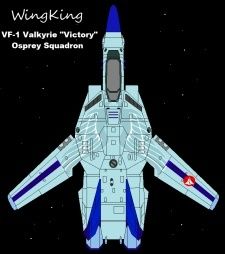|
If you liked
Koufuku Graffiti
|
...then you might like
Amaama to Inazuma
|
Both are heartwarming slice-of-life shows where family and friends become closer through their shared experiences cooking and eating together. Koufuku Graffiti is the "sexier" series, with more visual flair and fanservice (which Amaama lacks), and more emphasis on the pleasures of eating. Amaama is the "cuter" series, with a more diverse cast of characters, fuller stories, and more time spent on how to actually cook the featured recipes.
|
If you liked
K-On!
|
...then you might like
Bakuon!!
|
Bakuon is a lot like K-On, except with way more fanservice and with motorcycles instead of music. All five club members with speaking roles in each series are the same basic character types (Hane=Yui, Onsa=Ritsu, Rin=Mio, Hijiri=Mugi, and Chisame=Azusa), and Bakuon also shares some similar plot points with K-On, too.
|
If you liked
Hyouka
|
...then you might like
Sakurako-san no Ashimoto ni wa Shitai ga Umatteiru
|
Both are character-driven mystery anime, featuring a sharp but socially awkward amateur detective who has to be pushed into getting fully involved in each case by his/her friends. Sakurako's mysteries generally deal with heavier topics than Hyouka, but both shows are mainly interested in telling the stories of the people involved in each mystery, and in what the main characters learn about themselves and each other while piecing those stories together. The solution to the mystery itself isn't nearly as important, so for viewers who prefer a mystery show that's set up to let them "play detective" and try to solve each case, these shows may not do enough to scratch that itch.
|
If you liked
Kidou Tenshi Angelic Layer
|
...then you might like
Mahou Shoujo Lyrical Nanoha ViVid
|
Both series focus on a small group of characters, primarily young girls, fighting alongside and against each other in organized tournaments that are popular spectator sports. The battles in Angelic Layer are fought with electronic dolls that the competitors customize themselves and control with their thoughts, while the competitors in Nanoha Vivid are engaging in actual physical and magical combat, but both series share common themes like characters wanting to grow and become stronger, bonding with their opponents through the shared experience of competition, age and size being no barriers to success, and learning to trust themselves and their own capabilities in order to succeed.








